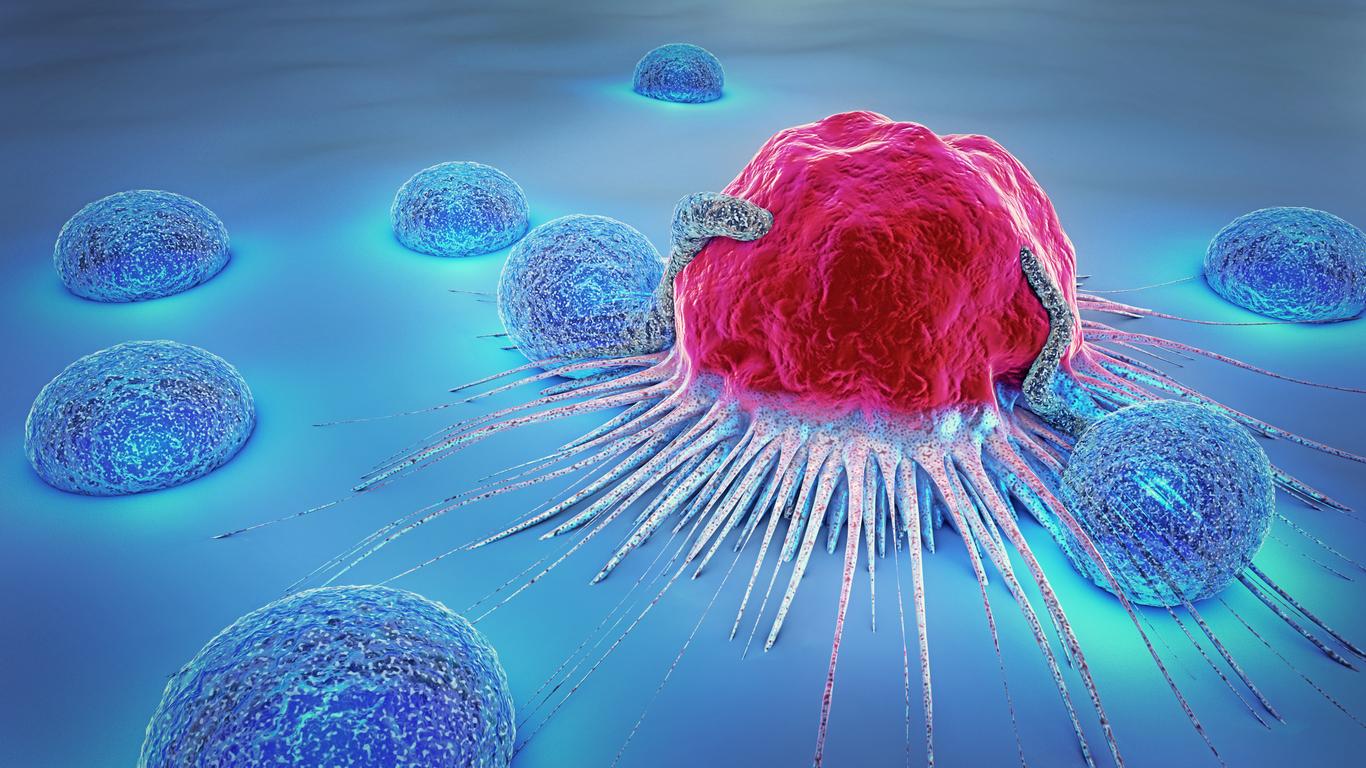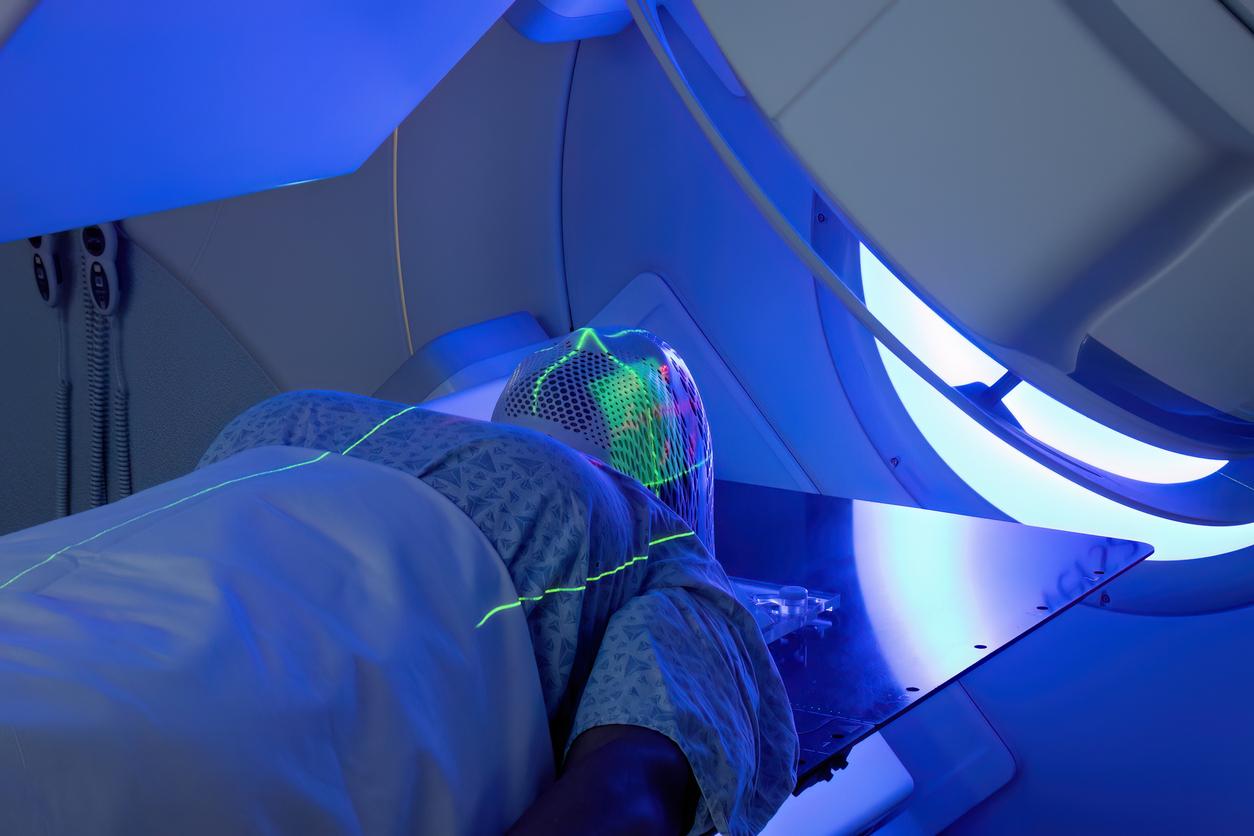French researchers have identified the immune cells involved in cancers that appear following chronic inflammation.

- Nearly one in three cancers develops as a result of chronic inflammation.
- French researchers have identified the lymphocytes involved in the inflammatory processes suspected of being responsible for these cancers.
- It is a subtype of TH17 lymphocytes.
Colorectal, small intestinal, liver and pancreatic cancers… nearly one in three cancers develops as a result of localized chronic inflammation. Until now, the mechanisms involved in the development of these tumors remained quite mysterious. But scientists from Inserm, CNRS, Claude-Bernard Lyon 1 University and the Léon Bérard Center at the Lyon Cancer Research Center have just made a major breakthrough on this subject.
They identified the immune cells involved in the inflammatory processes implicated in the development of these cancers. Their results are published in the journal Nature Immunology.
Lymphocytes cause cancer
The researchers wanted to take a closer look at TH17 lymphocyte immune cells, already known to be involved in several inflammatory diseases, such as multiple sclerosis and Crohn’s disease. They sought to determine whether there were several subgroups in this family of immune cells. By sequencing the RNA of TH17 cells in the intestine, they discovered that there are eight subtypes.
“One of them has a tumorigenic role, that is to say that when certain activation brakes are lifted, it will contribute to the development of cancers. When in contact with these TH17 cells, the intestinal cells that were healthy until then will become cancerous.”explains Julien Marie, research director at Inserm and of the team at the Lyon Cancer Research Center.
The researcher and his team then demonstrated that these “tumorigenic” lymphocytes were present in greater quantities in patients at high risk of cancer.

Immunotherapy: a use to be evaluated according to the patients
This discovery raises a question, according to the researchers. Is the use of immunotherapies – which stimulate lymphocytes – a good thing? “Indeed, if these therapies have transformed the care in oncology, they are also known to cause chronic intestinal inflammation. It is therefore important to question, for a given patient, the risks that immunotherapy is accompanied by the emergence of tumorigenic TH17 lymphocytes which could ultimately give rise to the development of another cancer”note the authors in their press release.
While the team questions current treatments, it also offers a new avenue of care for cancers linked to chronic inflammation. It has noticed that a protein called TGF-β cytokine is capable of inhibiting the formation of tumorigenic TH17. This discovery could be the basis of new preventive cancer therapies by blocking the appearance of the TH17 subtype implicated by the French researchers.


















